Devops Tools Usage, and Benefits of Development Operations & VSTS
-
 By Rohini Madhavi
By Rohini Madhavi - Published on Oct 18 2022

Table of Contents
- Introduction
- What Do You Know About Visual Studio Team Services (VSTS)?
- What Is A Puppet In The DevOps Model?
- List of Top DevOps Tools
- Benefits of Using DevOps Tools:
- Rise In Development Operations Culture And Role Of DevOps: What Is DevOps Do?
- Should You Consider Taking DevOps Training And Getting Certified?
Introduction
DevOps Tools Usage, And Benefits of Development Operations & VSTS
Let me explain the answer to your question about "What are DevOps tools?” Tools are a set of models which is specifically designed and listed to bridge the gap between software Development Operations to improve communication, efficiency, and performance to help in business analysis.
The list of DevOps Tools' major focus is on the development of operations technologies, strengthening the process at every step right from integration, testing, and deployment to management.
DevOps tools are listed and highlighted to showcase their benefits at various levels, like enhancing the relationship between Development Operations, Business, and Customer, Testing, and Development as required through business analysis in a project.
Just like the wide range of implements, Development Operations provide its advantages to be something that cannot be constrained to one single level. As the name suggests, DevOps framework tools enhance collaboration between the development and operations departments of an organization by doing business analysis.
In a nutshell, as per business analysis, the DevOps framework technologies are aimed at helping organizations deliver high-quality end products at a faster delivery rate without having to compromise on the current work pattern. With the usage of the DevOps tools list, the business analysis has enhanced communication, which leads to better strategy and faster deployment rates. As we all know, several businesses are striving to deploy software at a faster pace to get more project deals.
Implementation of the DevOps framework is changing the IT work environment and also helps in business analysis and the usage of the service for the good. There’s great scope for individuals planning to start a career with it. You can refer to our DevOps Career Guide 2022.
What Do You Know About Visual Studio Team Services (VSTS)?
VSTS is an unavoidable factor when it comes to the DevOps platform. Azure DevOps Server is also known as Team Foundation Server (TFS) and VSTS—Visual Studio Team System. It’s a product of Microsoft that offers version control, reporting, project management, requirement management, and automated builds, along with releasing and testing capabilities of management.
VSTS covers the entire life cycle of the application and also enables DevOps Platform capabilities.
What Is A Puppet In The DevOps Model?
Do you know the basic concepts of DevOps Puppet in the DevOps framework? If not, don’t break your nerve. Allow me to assist you with the DevOps puppet.
DevOps Puppet is an open-source DevOps tool used for the configuration management of software. It’s widely used in Windows and Linux software to control the servers of multiple applications at a time.
The DevOps puppet, like any other familiar DevOps platform programming, does more than just automate system administration. For your information, the DevOps puppet can influence and change the workflow of humans by serving in business analysis projects, and it is structured to enable developers and system administrators to co-work.
List of Top DevOps Tools
Now let’s take a look at the most essential and widely used DevOps tools in 2022.
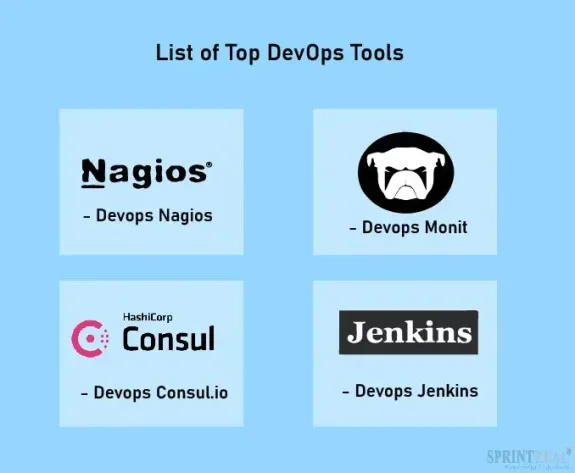
DevOps Nagios
Nagios got the most preferred among the others on this list. Nagios provides monitoring services and because infrastructure monitoring is a significant part of any project, this gadget is a must-have. It sends alerts when a defect is detected and even confirms once it is resolved. Nagios has global usage. The best thing about the tool is the large community of contributors who provide plugins for the apparatus.
DevOps Monit
Monit is listed for UNIX and Linux software and its major usage is for supervising purposes. It allows you to view the status directly from the command line. It is commonly used in cases where several similar processes are required to be managed or run at once.
DevOps Consul.io
Consul.io is on this list for its amazing quality i.e. Efficiency usage. This apparatus helps you with the DNS for various servers and act as a mediator for signing and registering server names.
Through proxies, Consul communicates with the data plane. The data plane is the network infrastructure component that handles data requests.
DevOps Jenkins
One of the most popular DevOps tools on the list is Jenkins. It is easy to customize and its wide usage is due to its wide range of plugins and add-ons. Although it has a few defects in matters of scaling, this one does its job the best with coding and managing.
With effective implementations, DevOps platforms are rapidly improving the work environment of the IT industry and help hand in hand with business analysis. DevOps framework is enhancing reliability and productivity. With its focus on bringing together various departments like operations, development, and testing; through proper business analysis and the DevOps platform, it’s helping the organization achieve the common goal (i.e. Customer/client satisfaction) efficiently.
Benefits of Using DevOps Tools:

Reduced development cycle time:
There are more than 30 DevOps tools available and their usage has proven to have reduced deployment cycle time by ensuring on-time and even quicker deployments. That is the most showcasing of all the other benefits.
Better communication:
As discussed earlier, communication is the key. DevOps platform technologies and the functionality of DevOps tools seem to be taking the meaning quite seriously. Every DevOps platform tools have a benefit that aims to bridge the gap between various departments so that employees can work cohesively.
Improved teamwork:
Consequently, better communication leads to progress. DevOps framework is designed to enhance the benefits of the work environment with proper business analysis, which in turn leads to greater productivity.
High-quality services:
Alongside faster deployments and benefits, the DevOps framework also ensures that we provide high-quality services without compromising on the customer’s needs.
Quicker fixes in defects:
More often than usual, projects are delayed due to miscommunication or communication the gap between the developers and testers. They are enormous benefits, so with DevOps platform technologies and tools, this will no longer be an issue.
Low failure rate:
Better communication, planning, management, and productivity lead to lower project failure risks. The best part is that even during a crisis, DevOps platform technologies and DevOps tools can be used to get things under control.
Understanding the DevOps tools and platform:
For an organization to garner the above-mentioned benefits, the DevOps platform technology methodology must be used efficiently. The unusual part is, for the DevOps framework, there isn’t just one single mechanism. Agile approaches will eventually give way to DevOps tools. A culture shift brings teams from development and operations together.
There are multiple sets of DevOps tools listed, which fall into categories like coding, testing, integration, release, and monitoring.
The DevOps platform methodology is related to other approaches used in the IT industry like Agile, DataOps, and Continuous Delivery.
Surprisingly, the continuous delivery approach and the DevOps platform methodology share a common goal. With an expanding network of organizations, the need to deliver products daily or deploy software frequently is increasing. For this, the DevOps platform methodology is often used in combination with the continuous delivery process.
In short, the major advantages of the DevOps platform are better security and faster deployments, which in turn affect the investments and profits of an organization, positively helping in proper business analysis.
Rise In Development Operations Culture And Role Of DevOps: What Is DevOps Do?
What does DevOps do? That can vary from person to person. The DevOps platform has seen a significant rise in recent years, and according to a recent survey, several organizations have adopted this method as the usage rate hiked from 61% to 81% in just two years (i.e., 2015-2017).
Consequently, the demand for DevOps framework engineers and professionals skilled in handling and using DevOps tools is increasing rapidly as this approach has proven to bring great profits to organizations using it.
Nevertheless, the DevOps framework engineers the profession, which is of prime importance and demands exceptional technical and research skills.
Here are some valuable tips for the tech-savvy. For those aspiring to make a career in Development Operations, the first and foremost step is to be familiar with the basic fundamental principles of the DevOps platform application itself.
The misconception that basics aren’t needed to excel in it and that jumping directly to learning the application is common. Taking up DevOps training will be of great help since it covers both the basics and the usage of DevOps tools.
Should You Consider Taking DevOps Training And Getting Certified?
The best way to learn about the basics of DevOps tools and gain skills is to take up Development Operations training from a recognized training provider.
On completion of the DevOps training, you become a Development Operations certified professional, and the certification acquired will add great value to your career.
We, at Sprintzeal, train professionals by offering certification courses from accredited trainers with industry experience and knowledge. Our DevOps Implementation Certification Training is the best fit for those looking to gain in-depth knowledge about the DevOps framework, tools, and methodologies.
Explore more courses from Sprintzeal and find your best fit. For any course and certification-related queries, email us at Click Here or get instant help by chatting with a course expert.
Suggested Read: DevOps vs. Agile-Differences Explained
Subscribe to our Newsletters
Popular Programs
PSM® - Professional Scrum Master Certification
Live Virtual Training
- 4.3 (75 + Ratings)
- 55k + Learners
Trending Posts
Why Should You Consider Getting a Scrum Master Certification?
Last updated on Feb 13 2024
Top Git Interview Questions and Answers [Updated 2024]
Last updated on Oct 7 2022
Data Processing - A Beginner's Guide
Last updated on Aug 18 2022
Scrum Interview Questions and Answers 2024
Last updated on Feb 12 2024
Scrum of Scrums Guide
Last updated on Jun 27 2023
Agile Methodology Explained in Detail
Last updated on Feb 14 2023
Categories
- Agile Management 54
- AI and Machine Learning 42
- Big Data 53
- Business Management 51
- Cloud Computing 44
- Digital Marketing 56
- Information Security 8
- IT Hardware and Networking 17
- IT Security 103
- IT Service Management 29
- Leadership and Management 1
- Microsoft Program 2
- Other 43
- Programming Language 31
- Project Management 162
- Quality Management 75
- Risk Management 8
- Workplace Skill Building 2
Trending Now
List Of Traits An Effective Agile Scrum Master Must Possess
ArticleDevOps Vs Agile Differences Explained
ArticleAgile Scrum Methodology - Benefits, Framework and Activities Explained
ArticleGuide to Agile Project Management 2024
Article10 best practices for effective DevOps in 2024
ArticleGuide to Becoming a Certified Scrum Master in 2024
ArticleWhy Should You Consider Getting a Scrum Master Certification?
ArticleCSM vs CSPO: Which Certification is Right for You?
ArticleAgile Manifesto - Principles, Values and Benefits
ArticleAgile Methodology Explained in Detail
ArticleAgile Project Management Explained
ArticleEssential Tools for Agile Project Management 2024
ArticleEverything about Scrum Methodology
ArticleScrum Workflow - A Step by Step Guide
ArticleLatest Agile Interview Questions and Answers To Look For In 2024
ArticleScrum Interview Questions and Answers 2024
ArticleTop Scrum Master Responsibilities 2024 (Updated)
ArticleProduct Life Cycle in Marketing: Essential Strategies for Product’s Success
ArticleDevOps Engineer Interview Questions - Best of 2024
ArticleDevOps Engineer - Career path, Job scope, and Certifications
ArticleBusiness Agility Guide - Importance, Benefits and Tips
ArticleScrum vs Safe – Differences Explained
ArticleCSM vs. PSM - Which Scrum Certification is Better?
ArticleSAFe Implementation Roadmap Guide
ArticleAgile Release Plan Guide
ArticleAgile Environment Guide
ArticleAgile Coaching Guide - Best Skills for Agile Coaches
ArticleAgile Principles Guide
ArticleSAFe Certifications List - Best of 2024
ArticleAgile Prioritization Techniques Explained
ArticleScrum Ceremonies Guide
ArticleProduct Owner Certifications List
ArticleScrum of Scrums Guide
ArticleWhat is DevSecOps and its Importance
ArticleData Processing - A Beginner's Guide
ArticleDevOps Career Guide 2024
ArticleStakeholder Engagement Levels Guide
ArticleScrum Master Career Path Explained
ArticleScrum Career Path Explained
ArticleTop Git Interview Questions and Answers [Updated 2024]
ArticleA guide to Agility in cloud computing
ebookProduct Roadmap: An Ultimate Guide to Successful Planning and Implementation
ArticleDMAIC Methodology - The Ultimate Guide
ArticleProduct Life Cycle Strategies: Key to Maximizing Product Efficiency
ArticleScrum Master Salary Trends in 2024
ArticleProduct Life Cycle Model: A Guide to Understanding Your Product's Success
ArticleWhat is a Product Owner - Role, Objectives and Importance Explained
ArticleSuccessful Product Strategies for Introduction Stage of Product Life Cycle
ArticleUnlocking Career Opportunities in Product Management: Your Roadmap to Success
ArticleSaturation Stage of Product Life Cycle: Complete Guide
ArticleCutting-Edge Technology of Google Cloud
ArticleHow to Write an Executive Summary for a Business Plan?
ArticleImportance of Procurement Management Software in Modern Business
Article
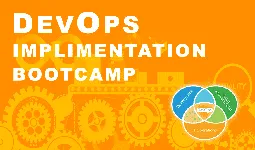

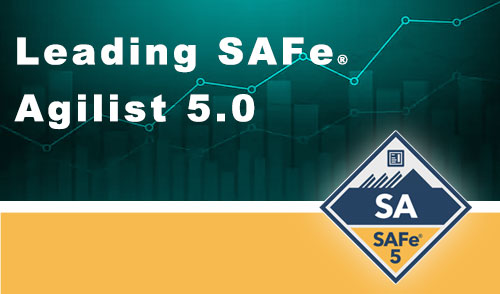

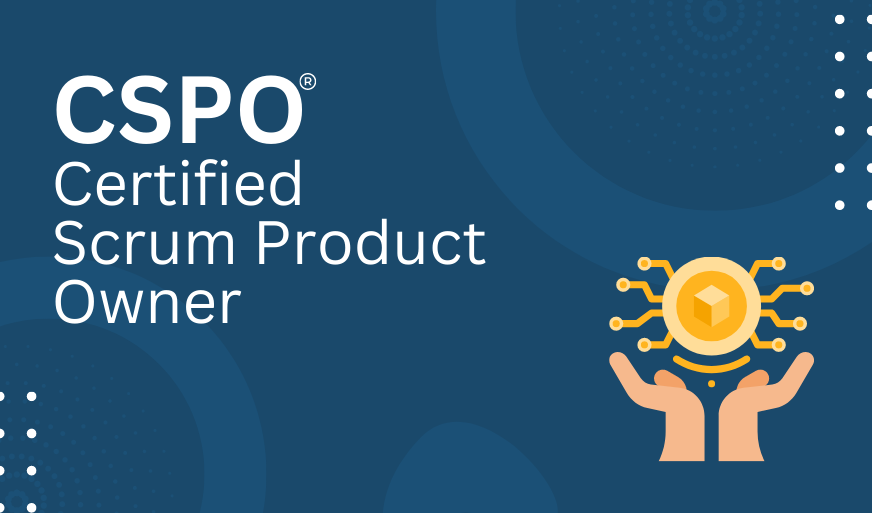
.webp)



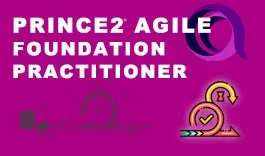
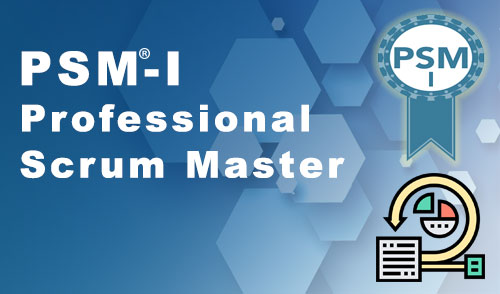

![Top Git Interview Questions and Answers [Updated 2024] Top Git Interview Questions and Answers [Updated 2024]](https://d2ds8yldqp7gxv.cloudfront.net/Blog+Images/416.webp)



